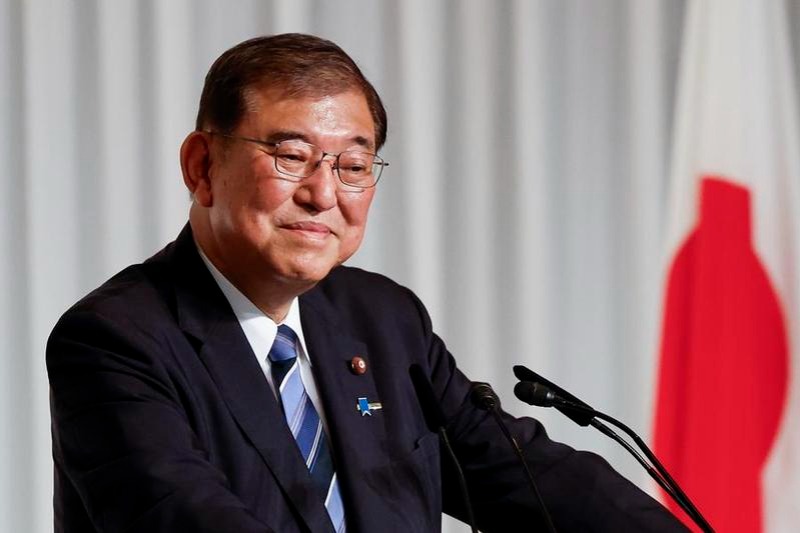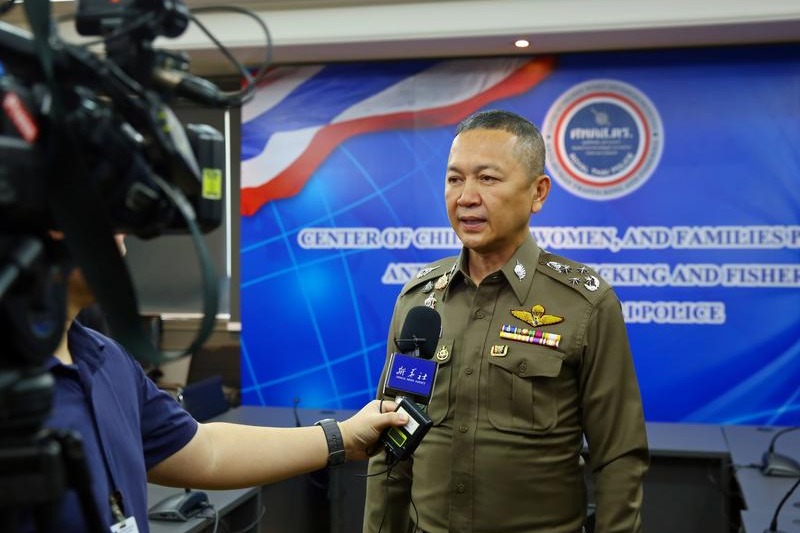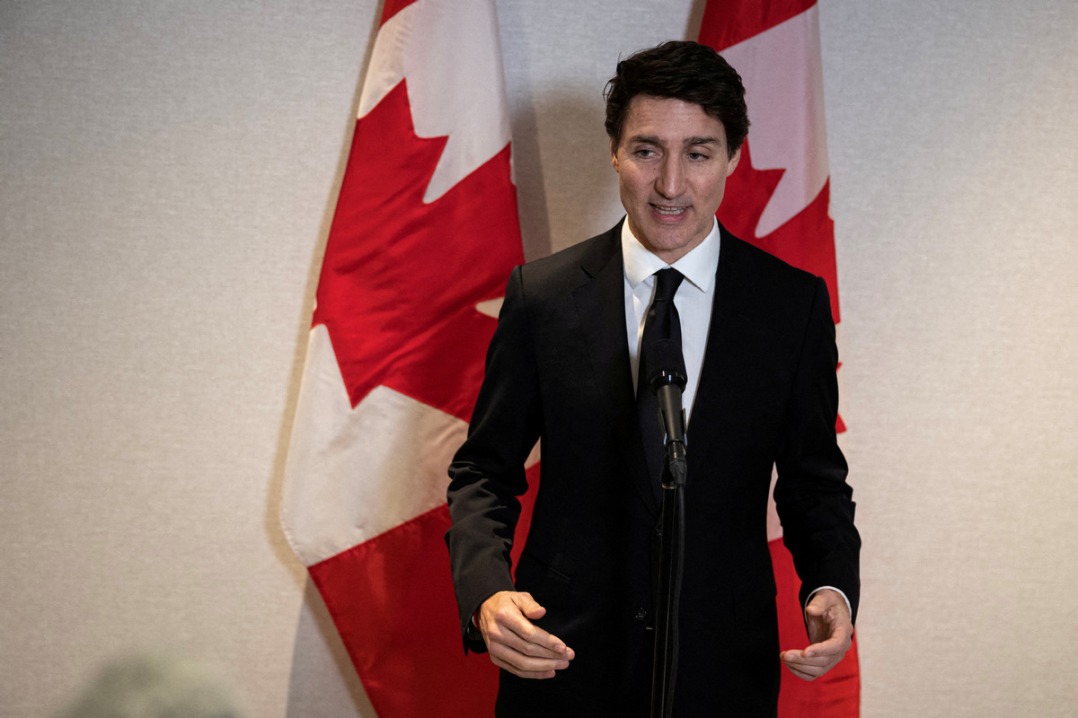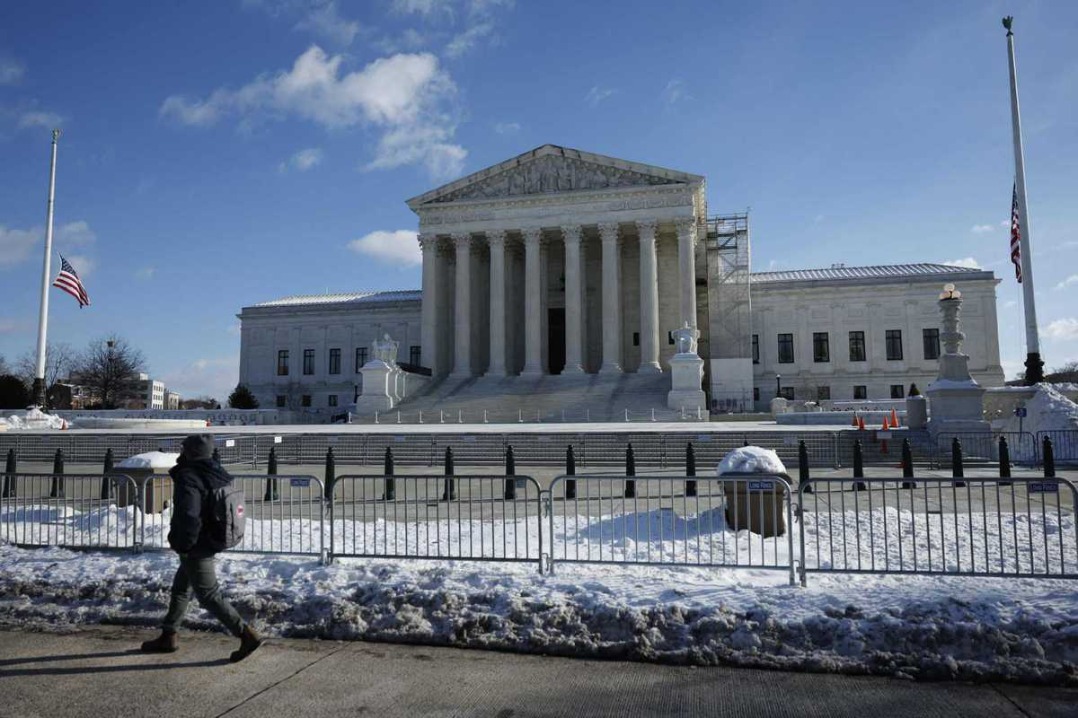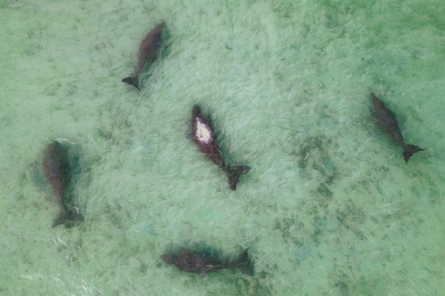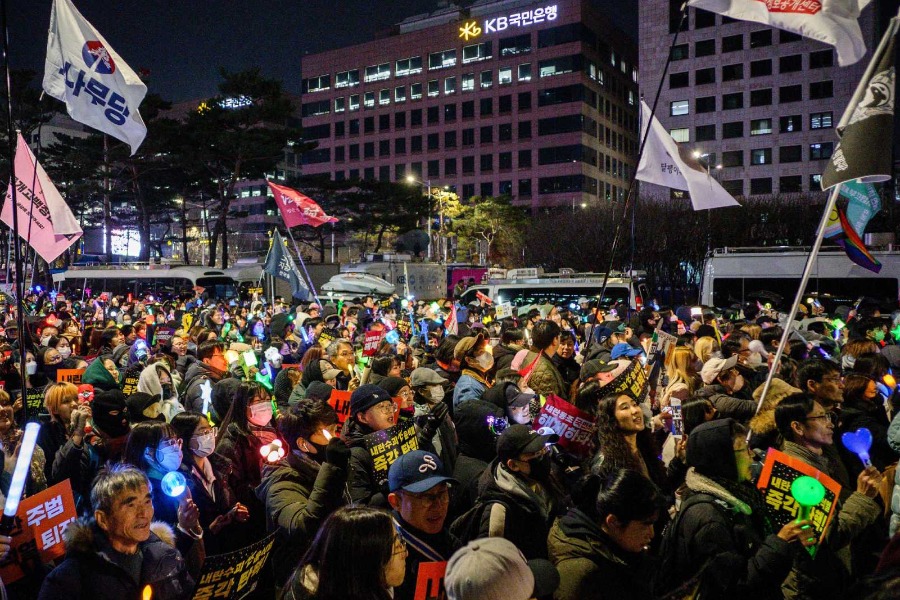Longtime US friend of China remains optimistic about ties
He’s encouraged by recent dialogue on diplomatic, financial and military issues

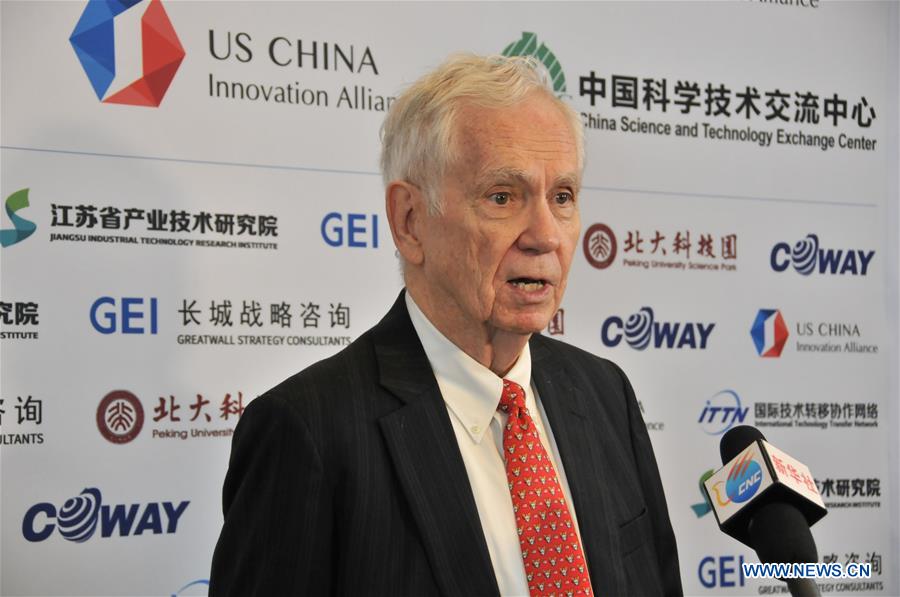
Charles Foster, chairman of the US-China Partnerships organization and vice-chairman of the George H.W. Bush Foundation for US-China Relations, has had the state of the bilateral ties on his mind a lot lately.
Foster said he has been distressed by how the relationship, which former US president George H.W. Bush had always called "our most important'', has deteriorated on both sides.
Foster said in an interview that he emphasizes US-China relations for many reasons.
"I'm married into a Chinese family. That's the primary language at my home, because my wife and in-laws and my two sons all speak Mandarin."
His wife, Lily Chen Foster, whose Chinese name is Chen Ye, is well-known in China as a movie star.
Even before he met his wife, Foster was keenly interested in China. He was present 45 years ago when Chinese leader Deng Xiaoping famously put on a 10-gallon cowboy hat during a rodeo in a small Texas town west of Houston and endeared himself to the American people.
Foster chaired the Asia Society Texas Center for 24 years and hosted many high-level Chinese diplomats and visiting leaders over the years. Before the COVID-19 outbreak, he visited China about five times a year for personal and business reasons.
In Foster's view, Donald Trump did a lot of damage to US-China relations as president.
"He began to lose support because he mishandled the pandemic," Foster said.
He criticized Trump for calling COVID "the China flu".
"More than anything else, that turned American opinion against China," Foster said. "That was the No 1 thing that brought down US-China relations."
As a staunch supporter and believer in the bilateral relationship, Foster said he has been disheartened to watch the ties diminish in the past few years.
"I've been distressed that on the US side, it's almost impossible politically to say anything positive about China, and that our politicians feel, particularly the Republicans, but frankly the Democrats, too, that ... the safest thing to say politically is to be super critical of China," Foster said.
Fortunately, the bilateral relations haven't come to a full halt, he said. "Below the surface, below all of the political angry rhetoric ... business is still going on.
"We still see Chinese companies opening up manufacturing facilities right here in Texas. I've got my niece going to China for awhile. There are still Chinese students coming to Rice (University) and other schools. It goes on but at a lower level."
Foster recently moderated a discussion with Yang Wanming, president of the Chinese People's Association for Friendship with Foreign Countries, at the Asia Society Texas Center.
"We discussed major programs and initiatives being worked on currently and the areas which could be targeted for improvements in the current state of US-China relations," Foster said.
"We talked about the benefits of increased people-to-people exchanges in strengthening the relationship between our countries, and the fact that China has taken a number of steps since the pandemic to both ease and encourage more travel to China, including hosting more groups of students from different US universities," he added.
Foster said he also was encouraged that the two countries recently have been able to start a dialogue on important issues diplomatically, financially and even militarily.
"So I think the relationship went off a cliff, but before we hit rock bottom, they've sort of prevented that from happening, which is positive," he said.
Foster said US President Joe Biden doesn't have the leeway or political strength to make a major initiative with China right now. However, he added, a conflict between the US and China would be "the worst thing one could imagine".
















